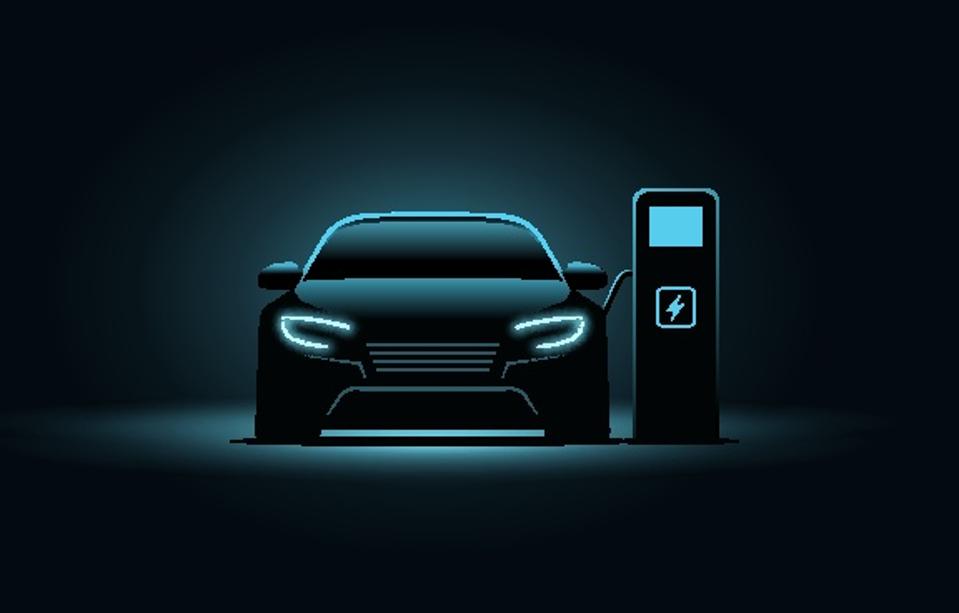European politicians are backing automakers who want to dilute the EU’s push to an electric vehicle monopoly, setting up a clash with angry environmentalists who say watering down the rules would hand China a competitive edge.
China is poised to overwhelm the European EV market as EU rules on carbon dioxide emissions force an increasing proportion of new EV sales, culminating in a ban on new combustion-powered vehicles by 2035. Chinese manufacturers have a 30% price advantage over the Europeans and about 5 years more of manufacturing experience.
Europe’s carmakers have stepped up their lobbying against the rules over the last few months in a bid to persuade the European Commission to act and were joined this week by the EPP, the biggest political grouping in the European Parliament. It is composed of national center-right parties such as Germany’s Christian Democrats and Spain’s Popular Party.
The EPP group wants the European Commission to change the rules to allow a wider range of engine choices. Without changes the European industry will be seriously damaged.
“The house is on fire, with almost every week bringing new announcements of layoffs from automotive manufacturers or suppliers,” said Jens Gieseke MEP, EPP Group spokesman on the Automotive Industry.
Commission should end combustion engine ban
“We need reason and realism back in our politics. The future of the automotive industry is not purely electric, but it’s not purely combustion either. We need a mix of technologies and openness to all technologies. The Commission must lift the ban on fossil-fuel engines by the end of the year and allow technologies such as plug-in hybrids, range extenders, and sustainable fuels to continue playing a role after 2035,” Gieseke said.
The EU’s EV market share target for this year in Europe is about 28%, up from an actual 14% last year. Forecasts for 2035 suggest an EV market share of only about 65%, not even close to 100%. This 35% shortfall would generate fines f0r the industry of up to €25 billion ($29 billion), according to the European Automobile Manufacturers Association (ACEA), which has now formally asked the European Commission to dilute the targets.
The EU looks as though it might be open to leniency. The rules for 2025 were changed to allow manufacturers to spread compliance over a couple more years. A decision on more drastic action is scheduled for later this year.
This has enraged green advocacy organisations like Brussels-based Transport and Environment, which said any leniency would in fact hamper European manufacturers’ drive to compete with China.
Dilution would hand competitive advantage to China
T&E said the industry is demanding loopholes in the EU CO2 law that would halve its ambition of selling only EVs by 2035. Carmakers are demanding more than 10 loopholes, including counting cars that run on alternative fuels as having zero CO2 emissions.
“This position is a disgrace,” said T&E cars director Lucien Mathieu.
“It will completely undermine the investment certainty needed for Europe to catch up in the EV race. Turning the EU’s most important automotive regulation into a Swiss cheese will not restore the industry’s competitiveness. It is a cynical attempt to dismantle a central pillar of Europe’s climate law. If the Commission capitulates to these demands, it will only hand a further competitive advantage to Chinese automakers,” Mathieu said.
The auto industry says the opposite is true.
Emissions Analytics CEO Nick Molden said the European industry is in urgent need of loopholes.
“Manufacturers are having to spend a ton of money getting close to even this year’s target. These multiple different ways would be a very substantial weakening, but this mixed power train outcome would be optimal for Europe. The industry has been pushed too far already. Investment is dropping, the supply chain is shrinking, jobs are going. Even if the industry gets all it wants, a lot of damage has already been done,” Molden said in a telephone interview.
Green groups happy to sacrifice Europe’s industry
“Green groups are being ideologically driven. They are essentially happy to sacrifice the European industry if that means EVs are getting into the market. They want net zero (CO2 emissions) above all else,” Molden said.
ACEA and the European Association of Automotive Suppliers (CLEPA) have told European Commission president Ursula von der Leyen EU manufacturers now face near-total dependency on China for batteries. They said the CO2 emissions targets for 2030 and 2035 are not feasible.
They concede that EVs will have an increasing share in the market but there must also be space for hybrids, plug-in hybrids, range extenders, highly efficient internal combustion engine vehicles, hydrogen and decarbonized fuels.
Mercedes CEO Ola Källenius has demanded that the EU’s CO2 plan be diluted, saying the European car market could collapse if the plan goes ahead. Källenius is also head of ACEA. Germany, Italy, Poland, Czechia and Hungary are notable backers of change. Renault and Tesla want to keep the ban, as do France, Spain, the Netherlands, Sweden and Denmark.
Emissions Analytics’ Molden said the outcome of the issue is too close to call.
“Will they back what’s left of their own industries?” he said.
The EPP group has no doubt what needs to be done.
“If we don’t act decisively now, we will lose this vital industry forever,” Gieseke said.
“We call on the Commission to correct the mistake of the last legislative term and work with us to secure the future of Europe’s automobile industry,” Gieseke said.
The Commission is expected to make a decision about the future of its automotive CO2 regime by the end of the year.

